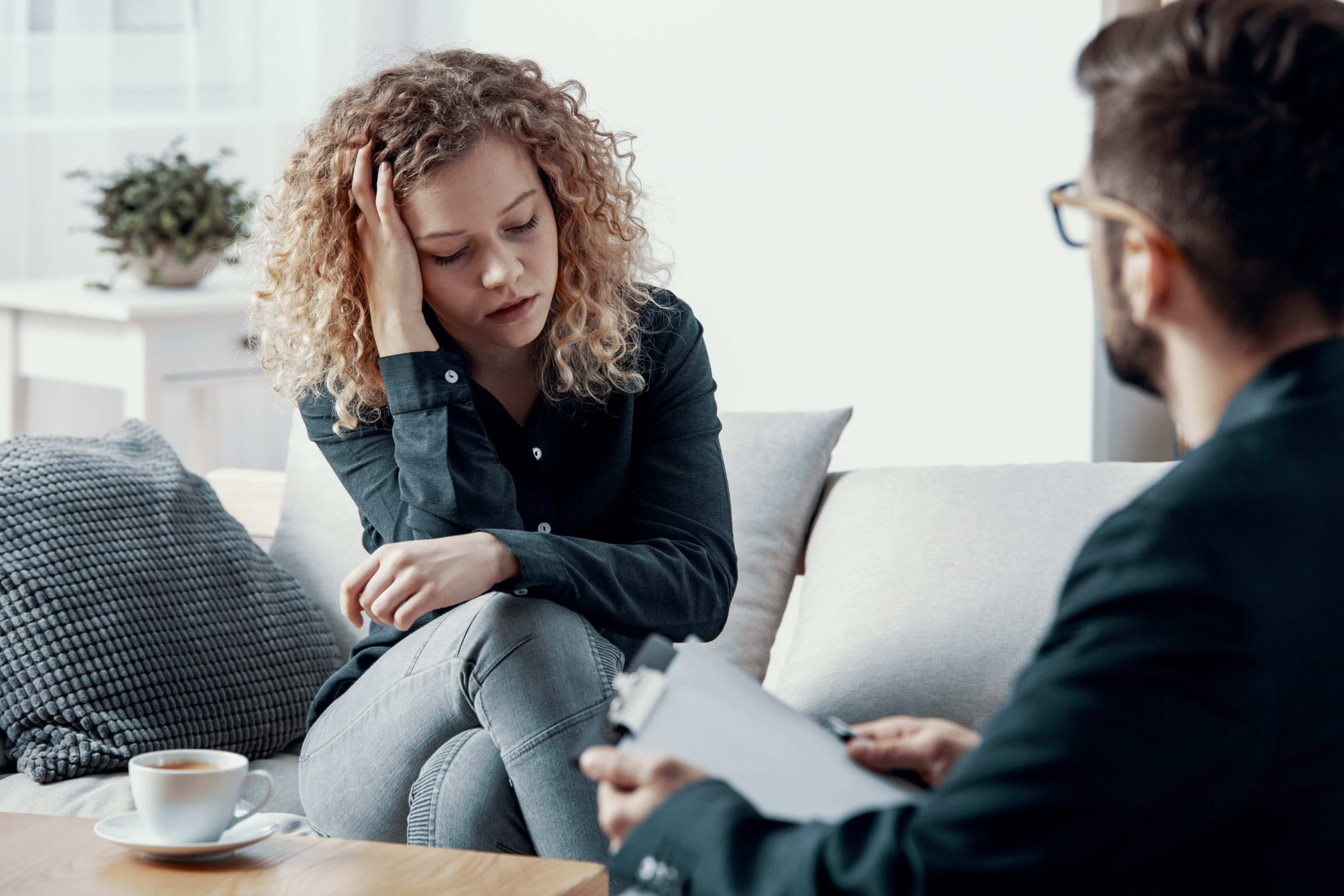Benzodiazepines are prescription medications that act as depressants or tranquilizers to relieve stress and anxiety. Other uses include help with sleep issues, alcohol withdrawal, and epilepsy. Benzodiazepines can be habit-forming, and abuse of the medicine has grown. There’s growing concern within the medical community about this, leading more health care professionals to be very cautious about prescribing the drug. Most health care providers now only prescribe these drugs for a limited time or suggest less addictive alternatives.
Benzodiazepine Misuse
The 2015 National Surveys on Drug Use and Health revealed that more than 12% of U.S. adults used benzodiazepines. Among those, about 17% had misused the drug, with fewer than 2% classified as having a benzodiazepine use disorder. Among those who misused benzodiazepines, the reasons included to relax or relieve tension (46.3%), to help with sleep (22.4%), 11.8% to “get high” or because of being “hooked,” and “experimentation” (5.7%).
Most people who admit to misusing the drug do not get it from their doctors. Instead, they say they get benzodiazepines from friends or relatives. About 20% of those who misused the drug reported that they had a doctor’s prescription.
Anyone who abuses benzodiazepines will need to detox from the medication. This process will vary depending on the individual, but safely quitting should be discussed with the person’s doctor. Studies have shown that people who take benzodiazepines for six months or longer will experience withdrawal symptoms which can range from moderate to severe.
Types of Benzodiazepines
Benzodiazepines, or benzos, are divided into ultra-short acting, short-acting, and long-acting. These classifications come from how long the drugs’ effects last. The shorter-acting benzodiazepine versions are more addictive and produce stronger withdrawal symptoms than longer-lasting versions. Currently, about 15 different benzodiazepines have FDA approval in the U.S., despite more than 2,000 different kinds being produced.
Common slang names for benzodiazepines are tranx, sleepers, downers, pills, xannies, serras, moggies, and normies. Benzodiazepines typically come in a pill that is swallowed, but they can be injected.
Common side effects associated with the use of benzodiazepines include:
- depression
- confusion
- feeling of isolation
- feeling of euphoria
- impaired thinking and memory loss
- headache
- drowsiness, sleepiness, and fatigue
- dry mouth
- slurred speech or stuttering
- double or blurred vision
- impaired coordination, dizziness, and tremors
- nausea and loss of appetite
- diarrhea or constipation
Most experts recommend taking benzodiazepines for two weeks or less. Long-term use can result in dependence or abuse, as well as causing the person to experience withdrawal symptoms when they stop taking the medication.
How Benzodiazepines Work
Neurotransmitters are chemicals in the brain that help carry messages between the brain’s cells. One of these neurotransmitters is gamma-aminobutyric acid or GABA. Benzodiazepines enhance the work of GABA, which is to relay calming messages to the body. For example, if a person feels anxious or stressed the brain experiences overstimulation. When that individual takes a benzodiazepine, the GABA neurotransmitters tell the brain to relax, countering the overstimulation and reducing the feelings of anxiety.
Side Effects of Benzos
Someone who takes benzodiazepines for an extended period can experience a range of side effects from memory loss to headaches to feelings of paranoia, among others. Some research has indicated that long-term use of the drug can also lead to epilepsy, stroke, and brain tumors. While abusing benzodiazepines on their own can lead to overdose and even death, often the drugs are consumed with other drugs or alcohol, which only increases the danger.
The signs that someone has overdosed on benzodiazepines include:
- over-sedation or sleep that can’t be interrupted
- jitteriness and excitability
- mood swings and aggression
- slow, shallow breathing
- unconsciousness or coma
Benzodiazepines paired with alcohol or opiates can lead to breathing problems and an increased risk of death. The same can occur when the drug is combined with certain strong pain relievers, antidepressants, anticonvulsants, and anti-psychotics, as well as some antihistamines and other over-the-counter medications.
Withdrawal and Detox from Benzodiazepines
Anyone that suspects they have developed a dependence or addiction to benzos should reach out to their health care provider first. Abruptly stopping the drug can result in seizures.
Withdrawal symptoms can last several weeks or as long as a year. The length of time will depend on the type of benzodiazepine taken and the individual’s history of use. Common benzo withdrawal symptoms are:
- headaches
- aching or twitching muscles
- dizziness and tremors
- nausea, vomiting, stomach pains
- bizarre dreams, difficulty sleeping, fatigue
- poor concentration
- anxiety and irritability
- altered perception, heightening of senses
- delusions, hallucinations, and paranoia
- seizures
The safest way to detox from benzodiazepines is under a doctor’s care. They will help the person in recovery to taper off their usage to avoid as many withdrawal symptoms as possible and monitor their health to ensure their safety. They may also prescribe certain medications to help manage the withdrawal symptoms, as needed.
Tapering off of benzodiazepines should only be done under a doctor’s supervision. A doctor will create an individualized schedule for weaning someone off the drug that considers all factors affecting the person, including their lifestyle, personality, environmental stressors, reasons for taking benzodiazepines, and the amount of available support. It is particularly important that the person has adequate psychological support to help them learn alternative coping skills.
At Bridges of Hope, our treatment philosophy is based on a comprehensive and integrated approach to addressing all issues related to substance use and mental health disorders. Utilizing therapeutically proven, evidence-based clinical practices, we provide superior patient care throughout Indiana.
Remember, we’re not doctors. If you have specific questions about your benzodiazepine use, contact a health care professional.


 Verify Insurance
Verify Insurance
 Toll Free Call
Toll Free Call